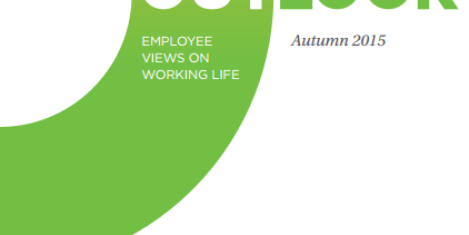November 17, 2015
Office politics, heavy workloads and poor managers create anxious workers 0
 A third (33 percent) of UK workers cite office politics as a major contributing factor to feelings of unhappiness in the workplace. According to new research from recruiter Adecco over half (57 percent) of workers name a heavy workload as the cause of stress and anxiety, whilst 33 percent cite a lack of managerial support. The research revealed that negative feelings are having a significant impact on people’s working lives with nearly a third (29 percent) of UK workers spending every Sunday dreading the coming working week. A third (33 percent) of workers described their workplace as unhappy and a worrying 28 percent of workers admit that they fear going into work so much that they have called in sick. An additional third (36 percent) would now consider leaving their employer due to such severe anxiety and more worryingly, one in ten (9%) have already taken that step due to such overwhelming feelings of unhappiness.
A third (33 percent) of UK workers cite office politics as a major contributing factor to feelings of unhappiness in the workplace. According to new research from recruiter Adecco over half (57 percent) of workers name a heavy workload as the cause of stress and anxiety, whilst 33 percent cite a lack of managerial support. The research revealed that negative feelings are having a significant impact on people’s working lives with nearly a third (29 percent) of UK workers spending every Sunday dreading the coming working week. A third (33 percent) of workers described their workplace as unhappy and a worrying 28 percent of workers admit that they fear going into work so much that they have called in sick. An additional third (36 percent) would now consider leaving their employer due to such severe anxiety and more worryingly, one in ten (9%) have already taken that step due to such overwhelming feelings of unhappiness.





































November 18, 2015
Women earn less than men because they make different choices, report confirms 0
by Mark Eltringham • Comment, News, Workplace
More →